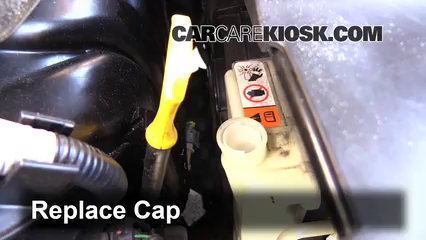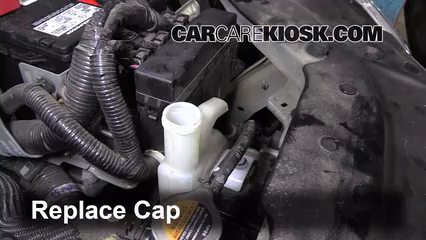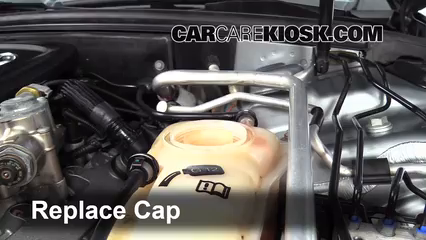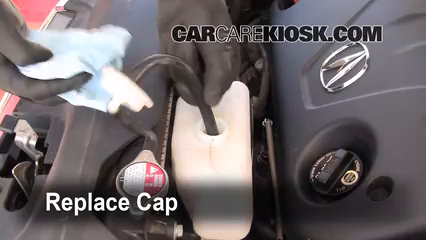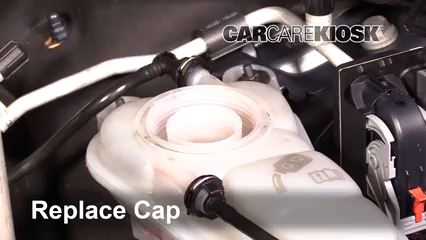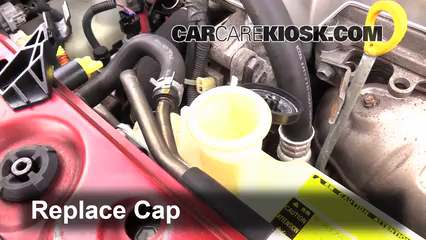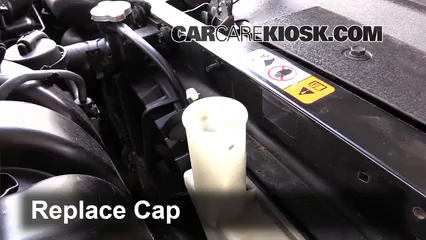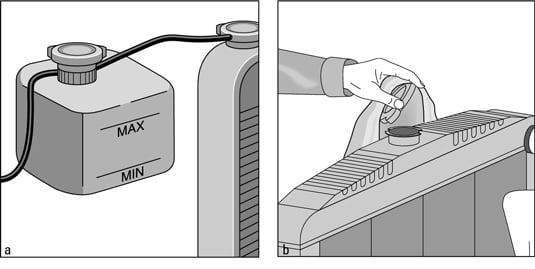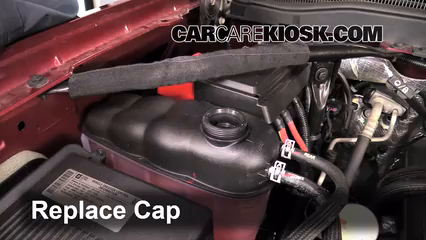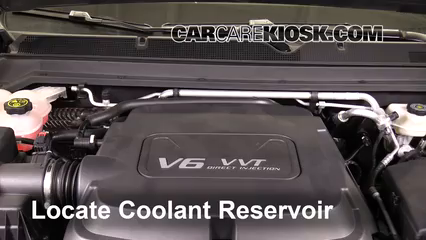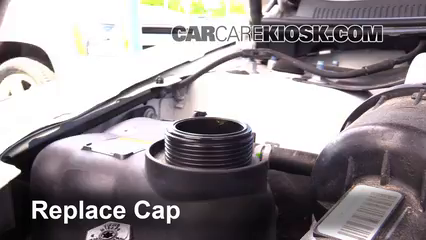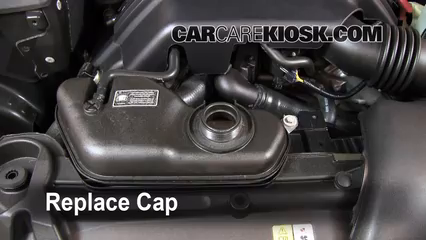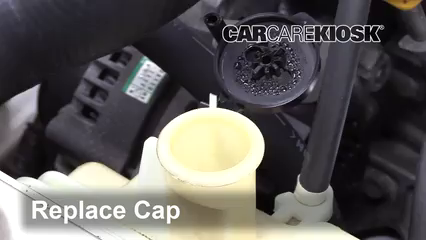Coolant Reservoir Cap Leak

Step 2 circle the area of the leak with a marker or crayon once established.
Coolant reservoir cap leak. If the radiator coolant overflow tank is damaged or cracked then you can expect coolant fluid to leak out of it. In older automobiles the radiator was made of copper and aluminum. Another symptom of a potential problem with the coolant reservoir is coolant leaks. You should notice small puddles or drops of coolant on your garage floor or in your driveway.
But things are not as complicated as they appear to be. Sometimes cracks will form on the overflow tank if it is too old and worn out. 01 coolant leaking if the radiator cap is stuck the proper amount of coolant cannot be released appropriately and this causes coolant temperature and coolant pressure increasing. This leakage is visible and may result from bad reservoir cap.
The plastic radiator are light weight but tend to ware out faster. This repair should always be made on a car that has cooled. If the cap thermostat and water pump are all fine the reservoir is overflowing most likely because of a radiator problem. This drives to consequent leaking of the coolant through the radiator pressure cap.
Losing coolant but no leak. If the coolant reservoir cracks or breaks due to old age or overheating it will leak. Leaked coolant stays in between the radiator upper tank and the radiator upper body. A poorly maintained antifreeze system defective components or a rapid change is the driving style may contribute to this coolant disappearing.
In more modern automobiles the radiator contains a lot of plastic. A crack in the coolant reservoir could cause a slow leak of coolant and could also cause your car to overheat. If you notice coolant near the radiator or the radiator cap then you clearly have leaky coolant. It may sound ghostly if you think of coolant loss no visible leak.
Never open a radiator cap when the engine is hot. You can easily diagnose and fix a coolant reservoir tank leak. Small leaks may produce steam and drips while larger leaks will produce streams and puddles as well as an obvious coolant odor. If you have a leaky or a weak radiator cap you may experience loss of coolant from the overflow tube every time the coolant heats up.
Remove any remaining fluid from the coolant reservoir using a siphon hose and a drain bucket. In normal circumstances the coolant gets ousted out from the reservoir overflow tube the moment the engine starts warming up. Where is my coolant going. Coolant is very harmful to dogs and cats.
1 leaking coolant if the radiator cap is stuck pressure may build inside of the radiator which could cause cooling system components to leak or burst.




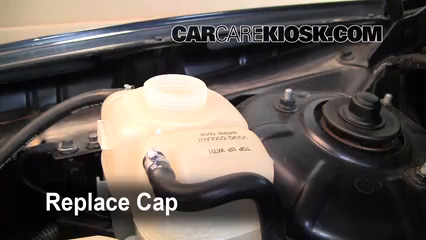
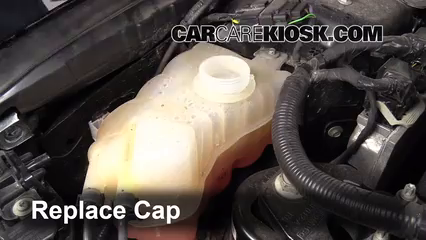
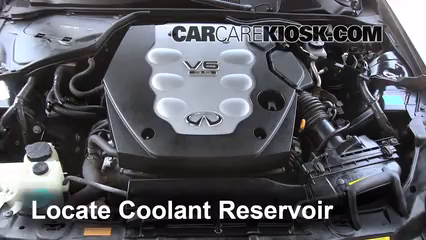
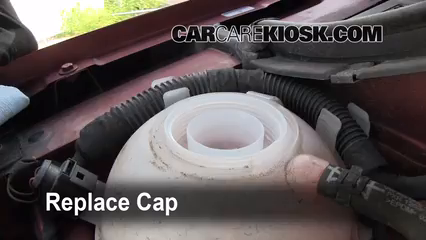
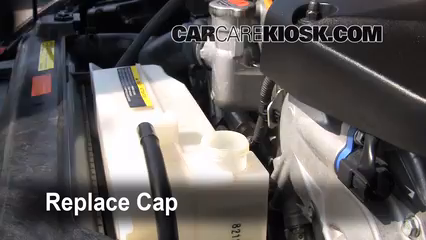
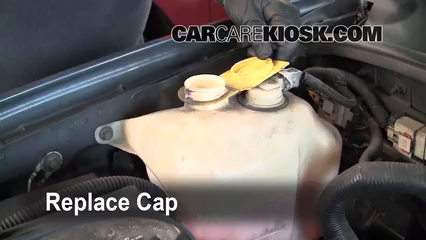
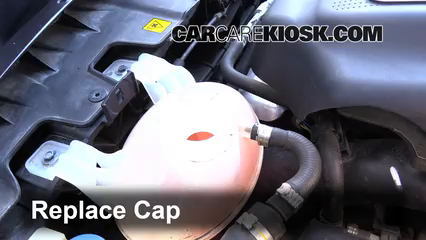
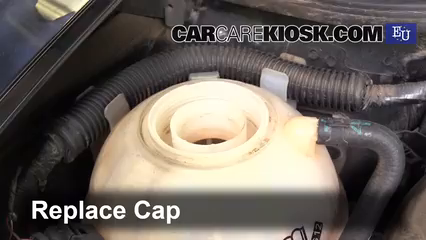
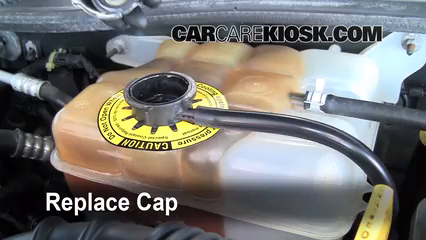
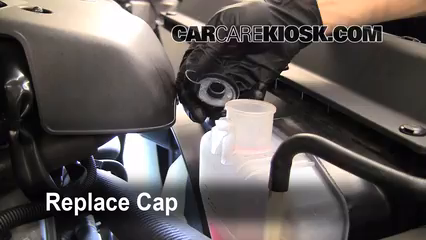
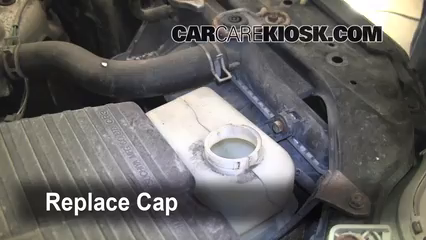
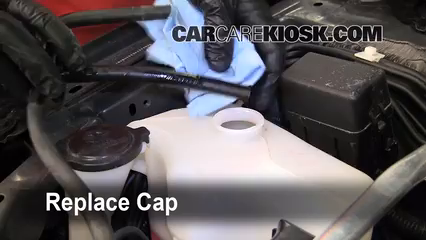
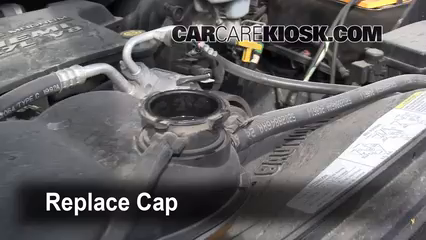
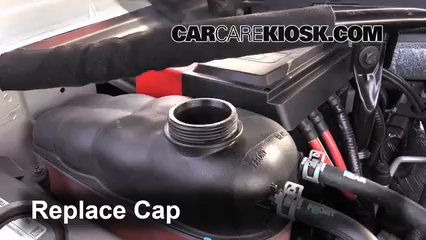
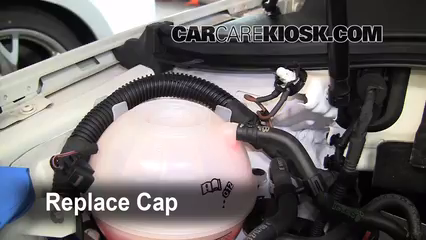
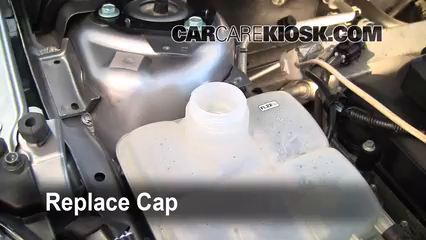
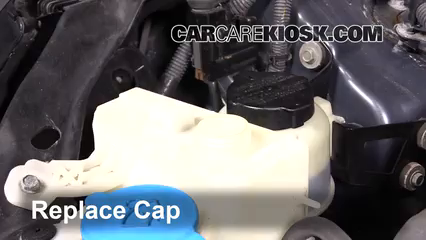
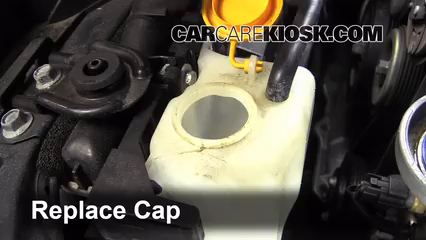
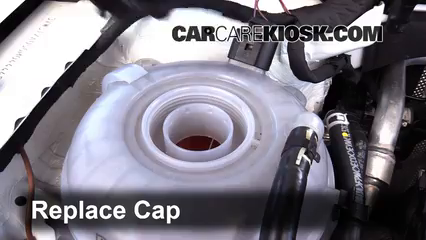
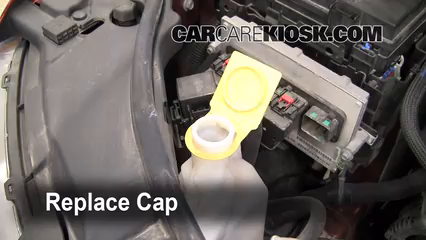
_MRY.webp)
